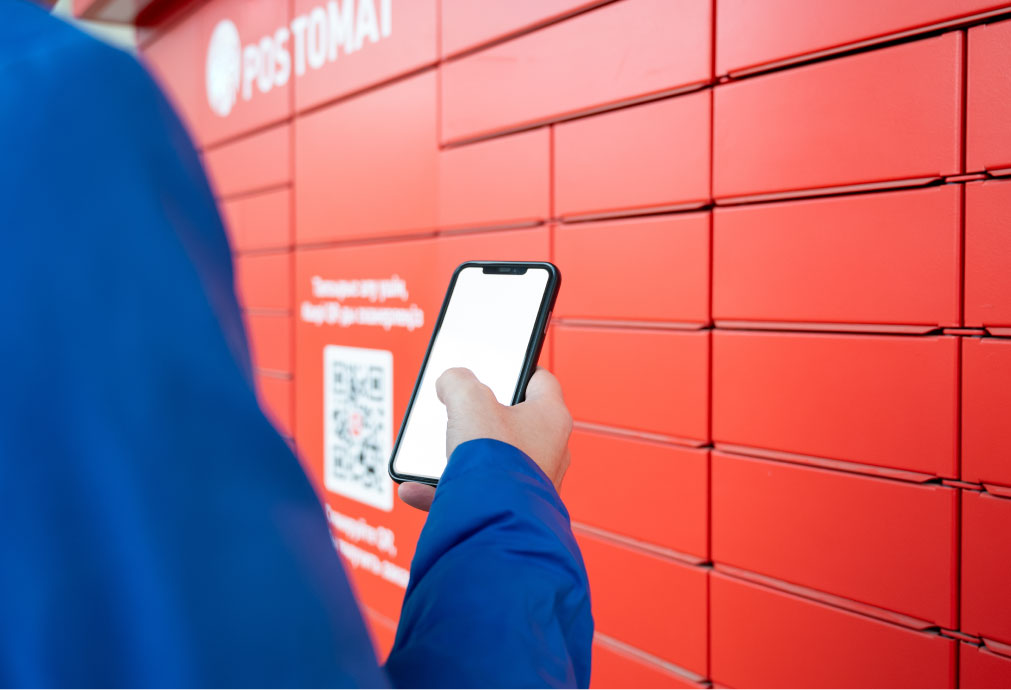The accelerated growth of e-commerce in Brazil has caused a profound transformation in the logistics chain, especially in distribution centers. According to Abcomm data (Brazilian Association of E-commerce), e-commerce revenue grew by 227.1% since the pandemic, going from R$ 89.96 billion in 2019 to R$ 204.27 billion in 2024.
This advance intensifies the pressure on warehouses, which need to adapt to ensure fast, secure, and efficient deliveries. This necessarily involves investing in equipment like modern and automated forklifts.
Facing this new dynamic, the forklift market sees significant growth, with an increase in demand for electric, compact models with better maneuverability in optimized environments. Manufacturers and distributors have expanded their portfolios to meet the growing demand from logistics operators, industries, and large retail chains expanding their infrastructure to accommodate the volume of e-commerce orders.
“The digitalization of sales has set a new standard of efficiency for the entire logistics chain. Nowadays, those who do not invest in agility lose competitiveness. Therefore, companies are increasingly focused on technology in forklifts,” says Humberto Mello, director of Tria Empilhadeiras, a brand of cargo handling and transport machines.
This scenario has encouraged the modernization of distribution centers, aiming to reduce operation time and maximize the use of physical space. Forklifts with greater vertical reach and millimeter precision have become key elements in the reorganization of stocks, leading to a growing interest in automated models that operate with minimal human intervention and help reduce failures.
Another factor driving the replacement of old equipment is sustainability. Electric models are gaining ground for offering silent operation, zero gas emissions, and lower maintenance costs. “The transition to more sustainable forklifts is now a requirement, especially among large brands committed to ESG goals. Lithium batteries are precisely the prime example of this transformation,” reinforces Mello.
With an eye on this growing market, companies in the sector have heavily invested in innovation and operator training. According to data from the Brazilian Machinery and Equipment Industry Association (Abimaq), the movement and storage segment grew by 12% in 2023 alone, driven by demand from e-commerce.
The expectation for the coming years is that the market will remain hot, as Brazilian e-commerce revenue exceeds R$ 234 billion in 2025, with a growth of almost 15%, still according to Abcomm’s forecast. This should keep the demand for increasingly efficient and intelligent logistic solutions high.
“Modern logistics is a strategic ally of digital retail and, in this scenario, forklifts have evolved from simple loading equipment to technological tools that make a difference in performance and operation results,” concludes the executive of Tria Empilhadeiras.








